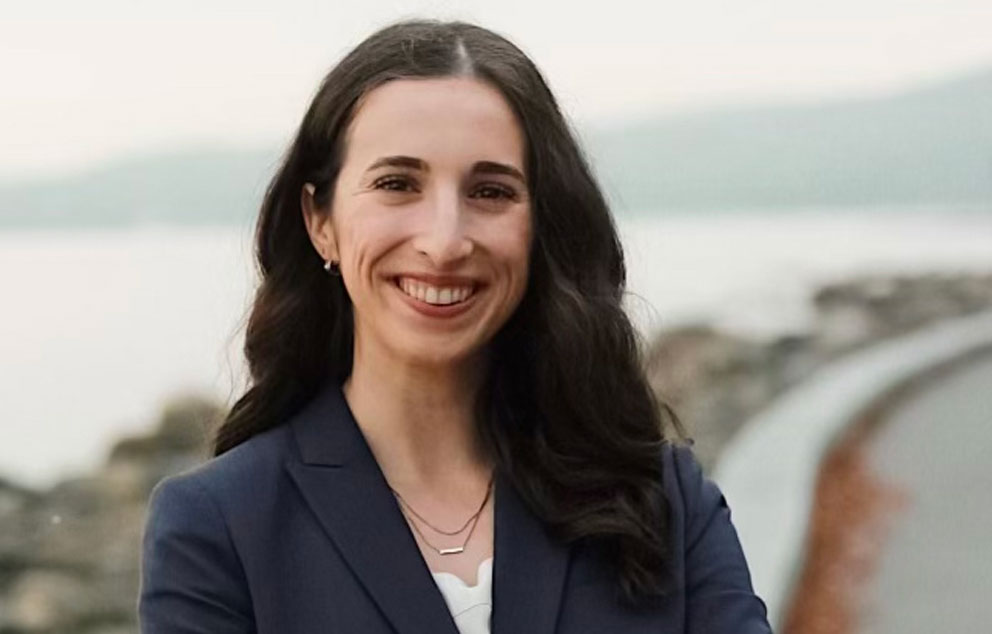Small towns big impact: Why I chose a rural residency

Dr. Nicole Minielly (family medicine resident)
During medical training we complete rotations in rural communities. The diversity of practice in family medicine, especially in rural settings, immediately drew me in. I loved the idea of working in different spaces — seeing patients in a clinic, caring for them in a hospital, assisting in the emergency room and even doing maternity care. No two days are the same, and that variety keeps me engaged and constantly learning.
Another huge factor is the long-term relationships I get to build with patients. In a rural community, I can follow my patients across healthcare settings. I follow them over time, through different stages of their health journey. That continuity of care is one of the most rewarding aspects of my work.
Learning to be adaptable
Through my training, I’ve had the chance to work in many areas across British Columbia including the Lower Mainland, Vancouver Island, as well as Interior and Northern B.C. One of the most unique aspects of practicing medicine in a rural setting is the need to be adaptable, whether it’s using ultrasound to guide your clinical exam or navigating barriers to patient transfer. As a trainee, I’ve appreciated learning from rural physicians with an impressive range of skill and dedication. This is what inspired me to train in a rural residency program.
Limited access to resources
There are many challenges to practicing medicine in rural communities but one of the biggest ones is limited access to resources. Some areas don’t have a CT or MRI scanner, which means patients often travel long distances for further care and the financial burden can be significant. Another challenge is staffing shortages. Rural healthcare isn’t just about doctors—it’s about nurses, technicians, and allied health professionals. Many communities face shortages in these roles, which can contribute to hospital closures and service disruptions.
Making rural healthcare sustainable
Despite these challenges, I find my work incredibly rewarding. I’m still in my training as a resident, but am motivated by the incredible mentors I’ve had along the way. To make rural healthcare sustainable we need to continue to support rural training and support systems. Research shows that people who train in rural communities are more likely to stay there. Training and mentorship in areas like ultrasound and emergency services are also important to support physicians and trainees wanting to work in rural areas. Many doctors are interested in practicing in smaller communities but don’t feel confident in their skills to work without the same level of resources they’d have in a city.
Supporting communities
Rural healthcare is about more than just doctors—it’s about building a system that supports communities. From ensuring we have enough allied health professionals to improving access to specialty care, there’s still work to be done. For patients, transportation remains a huge barrier. Funding travel costs, expanding telemedicine and ensuring equitable access to care are crucial steps. With the right support, we can improve healthcare for rural patients while making rural family medicine a fulfilling, sustainable career choice for new doctors like me.
Dr. Nicole Minielly is BC Family’s Doctors’ FP Resident Year One board representative